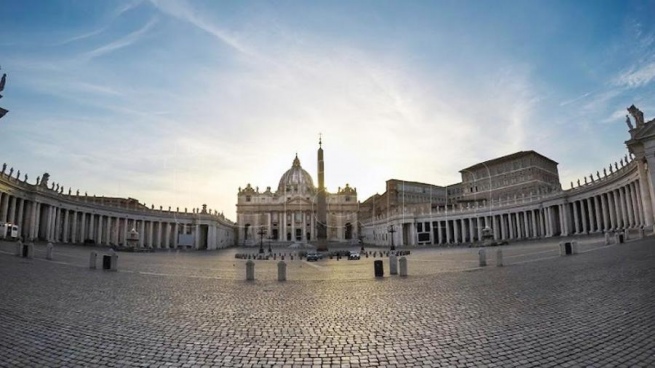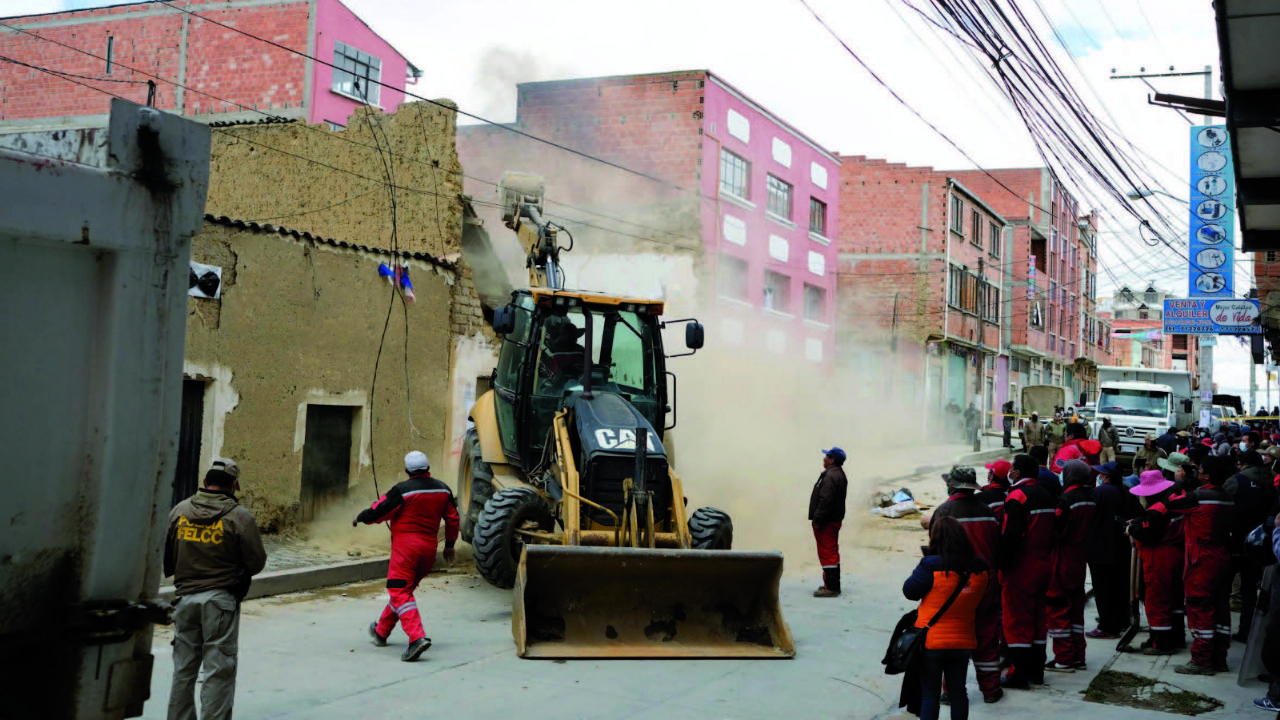The Vatican moved its diplomatic representatives in the offices of Hong Kong and Taiwan in the last week within the framework of a redesign of the relationship with China after the agreement signed in 2018 between the Holy See and the Asian giant, which is considered the ” first step” for more rapprochement between Rome and Beijing after more than half a century without bilateral relations.
The departure on January 31 of the charge d’affaires of the Apostolic Nunciature in Taipei, Monsignor Arnaldo Catalán, added to that of the head of mission in Hong Kong, Javier Herrera Corona, announced on February 5, are part of a “redesign” of the ties between Rome and Beijing, Vatican sources told Télam.
The Vatican, the only European state to have diplomatic relations with Taiwan, never had formal bilateral ties with Beijing after the proclamation of the People’s Republic in 1949.
In fact, an agreement signed in 2018 at the will of Pope Francis and then renewed for two years in 2020 for the joint appointment of bishops was not only the largest bilateral rapprochement in more than half a century but was described by the Holy See as a ” first step”.
The agreement expires in October this year and the two diplomats are already working on the next steps, which could include a new mapping of the number of dioceses in which to divide China, a number in which there are discrepancies between Rome, which speaks of 146 dioceses, and Beijing, which currently recognizes only 98.
In this context, the transfer of Catalan to the Nunciature in Rwanda and of Herrera Corona to that of Congo and Gabon leaves Taiwan and Hong Kong without high-level diplomatic representation.
The diplomatic move of the Holy See takes place on a plateau of tranquility after several years of conflicts in Hong Kong marked by revolts in Chinese territory due to the desire of separatist groups to have greater autonomy from Beijing.
In 2020, in a fact never clarified by the Vatican, the Pope omitted from a speech a planned reference to the situation in Hong Kong, in which he raised his “sincere concerns” about the conflicts, according to the Hong Kong daily South China Morning. Post.
In the case of Taiwan, meanwhile, tensions between Taipei and Beijing have never subsided since the proclamation of the People’s Republic in 1949 and the island’s decision to remain independent.
In any case, in the circular from the Secretary of State with which the Vatican announced the departure of Catalan, Taiwan appeared named China (Taipei), a phraseology closer to the unionist desire of Beijing.
In November 2019, during the telegrams he sent in the middle of the tour that took him to Thailand and Japan, the Pope called China a “Nation”, just a “territory” to Hong Kong and only spoke of a “people” in Taiwan, despite because the Asian island is the only one of the three that maintains diplomatic relations with the Holy See.
The 2018 agreement, by which five bishops have already been appointed with the agreement of Rome and Beijing, put an end to more than fifty years of division in the local Church, between a faction that followed the Holy See and another loyal to the Party. Communist.
In 2020, when renewing the agreement for another two years, the Vatican stated that “the Holy See, considering that the beginning of the application of the aforementioned agreement, of fundamental ecclesial and pastoral value, was positive, thanks to the good communication and collaboration between the parties to the agreed matter, intends to continue the open and constructive dialogue to encourage the life of the Catholic Church and the good of the Chinese people”.
When the Vatican and China renewed the agreement in 2020, the Holy See received and resisted strong pressure from the then US Secretary of State, Mike Pompeo, who had argued that the extension put Rome’s credibility at the international level at stake.
Although the content of the agreement is kept secret, Télam was able to confirm from Vatican sources that the 10-page text gives the Pope the final decision on episcopal appointments, based on a system of short lists raised by Beijing.
The signing of the agreement meant the normalization of the life of the Catholic Church in China, after years of division between the prelates appointed by the Vatican and those appointed by Beijing through the so-called Patriotic Association, a Church created by the Chinese Government to control Catholic life in the country.
According to various estimates, Catholics in China number 10 million.








